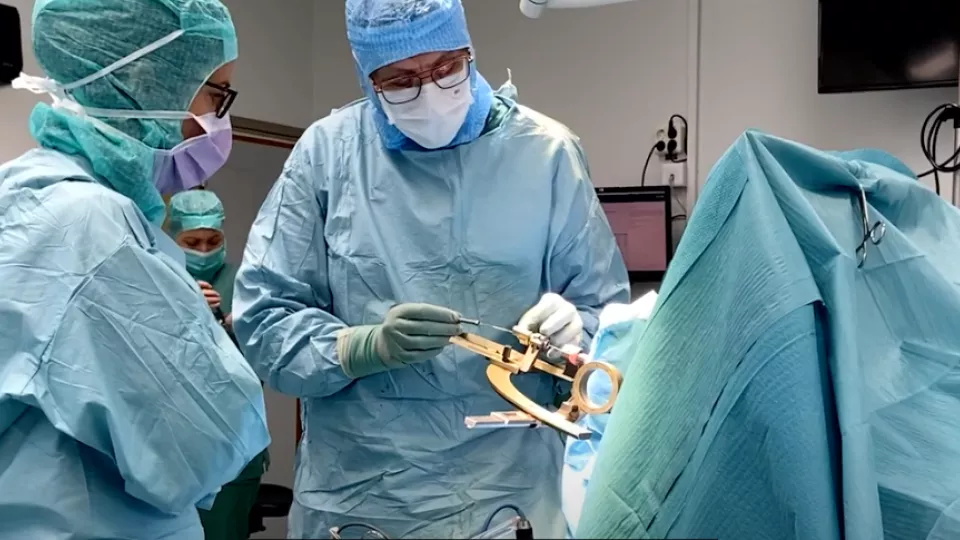In a groundbreaking development, scientists have administered a revolutionary stem cell therapy for Parkinson’s disease to a patient for the first time. This innovative therapy aims to replace dopamine-producing nerve cells in the brains of Parkinson’s patients, potentially offering new hope to millions of people affected by this progressive neurodegenerative disorder.
Parkinson’s disease is characterized by the loss of brain neurons that produce dopamine, a neurotransmitter essential for coordinating movement. The lack of dopamine leads to debilitating symptoms such as tremors, stiffness, and impaired coordination. While existing medications can boost dopamine levels, they often come with side effects, may interfere with other treatments, and become less effective over time.
The new stem cell therapy takes a unique approach by harnessing the power of embryonic stem cells. These versatile cells have the capability to develop into almost any type of cell in the body. In the groundbreaking trial known as STEM-PD, scientists sourced donated embryos and programmed the stem cells to transform into dopamine nerve cells. These specially engineered cells were then transplanted into the brains of rodent models of Parkinson’s disease, and the results were promising. The cells developed as expected, and the animals’ motor symptoms were reversed.

The STEM-PD trial, which represents a critical milestone in Parkinson’s research, is designed to assess the safety and efficacy of this groundbreaking therapy. It will involve eight individuals with moderate Parkinson’s disease who will undergo the treatment. Researchers will closely monitor the trial participants to evaluate whether the therapy not only enhances safety but also improves symptoms, reduces the need for medication, or prompts the development of new dopamine-producing neurons in the brain.
While the potential of this one-shot therapy offers optimism for those grappling with Parkinson’s, it is important to note that these transplanted cells are immature and will require time to mature within the adult brain. Researchers caution that it may take at least a year or longer before any noticeable changes are expected to occur.
The implications of this groundbreaking research are profound. If successful, this stem cell therapy could provide millions of individuals with Parkinson’s disease the opportunity to regain control over their bodies and reduce their dependence on medication.
Resources:
1.https://www.freethink.com/health/stem-cells-parkinsons
2.https://www.healthline.com/health/parkinsons/stem-cell-therapy-for-parkinsons
3.https://www.theguardian.com/science/2011/nov/06/stem-cells-brain-parkinsons-disease